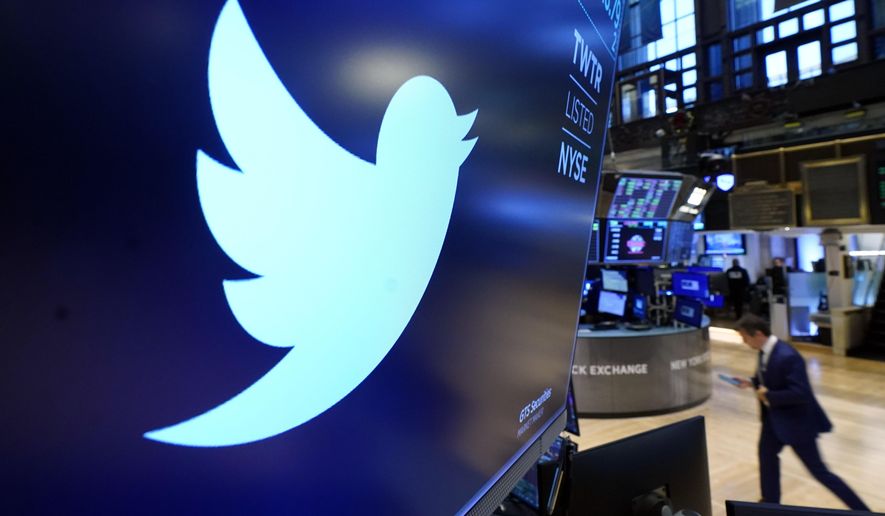Twitter said Tuesday it would prevent people from sharing images and videos of others without their consent, noting some exceptions for events that the social media platform deems newsworthy or of public interest.
The microblogging platform’s new restrictions will apply globally and come one day after the company elevated Parag Agrawal as its new CEO.
“When we receive a report that a Tweet contains unauthorized private media, we will now take action in line with our range of enforcement options,” Twitter said in a statement. “While our existing policies and Twitter Rules cover explicit instances of abusive behavior, this update will allow us to take action on media that is shared without any explicit abusive content, provided it’s posted without the consent of the person depicted.”
The company also published tweets explaining the categories of content that would not get censored. For example, images and videos of large-scale protests and sporting events would “generally not violate this policy” the company said from its @TwittterSafety account.
In a separate post in Twitter’s “Help Center,” the company outlined the broad latitude it will have to more aggressively restrict content published on its platform.
“In addition, you may not share private media, such as images or videos of private individuals, without their consent,” reads a November 2021 update in Twitter’s Help Center. “However, we recognise that there are instances where users may share images or videos of private individuals, who are not public figures, as part of a newsworthy event or to further public discourse on issues or events of public interest. In such cases, we may allow the media to remain on the platform.”
Some Twitter users fear that the company’s new policy will enable Twitter to hide content that it dislikes.
Katya Sedgwick, a writer in San Francisco, said the new rule could harm citizen journalists or news-gatherers without an affiliation to a professional media outlet.
“The new Twitter rule could spell the end of S.F. citizen photojournalism,” Ms. Sedgwick said on Twitter. “DSA types long complained about filming drug addicts in their natural habitat, they will make sure it’s enforced against S.F. citizens.”
Other Twitter users interpreted the new policy as a sign of the direction Mr. Agrawal intends to take the company as its incoming CEO.
“This is why choosing a career engineer as CEO was the wrong move,” Saagar Enjeti, host of the podcast “Breaking Points,” tweeted. “None of the problems that Twitter faces in the next five years are tech ones. They are socio-political, require principles and forethought as to how policy applies in controversial use cases.”
Mr. Agrawal and outgoing Twitter CEO Jack Dorsey set a meeting Tuesday with employees about the transition in leadership, scheduled to occur after the new policy was announced.
Since the new policy was first announced Tuesday morning, the company has published a series of tweets attempting to better explain its new actions that indicate more manual review of content as opposed to automated restrictions on people’s speech.
For example, the new policy will require a “first-person report” of the objectionable content to prompt a review before action is taken and Twitter employees will consider whether the content is publicly available elsewhere or being covered by journalists, according to Twitter.
• Ryan Lovelace can be reached at rlovelace@washingtontimes.com.




Please read our comment policy before commenting.